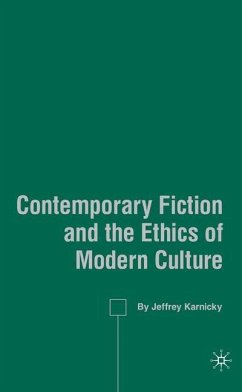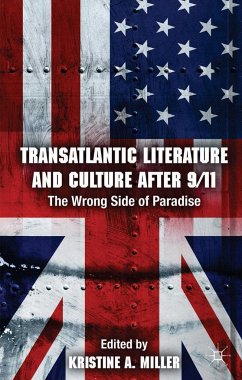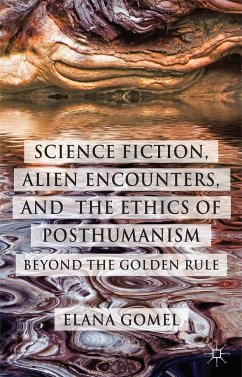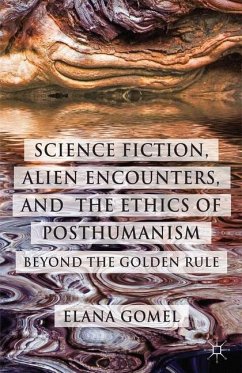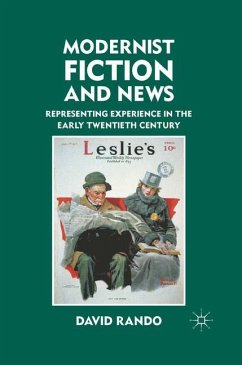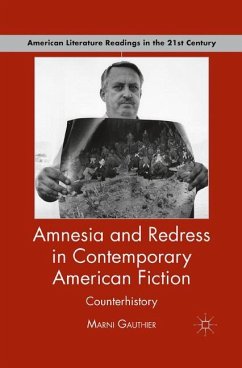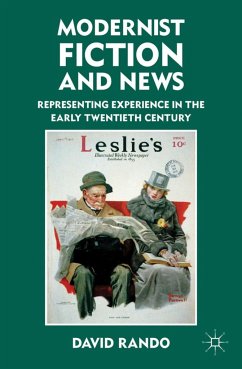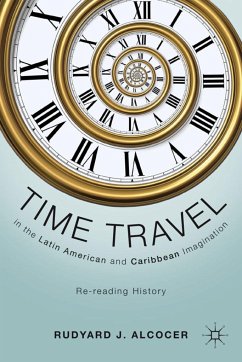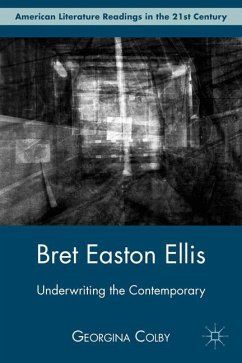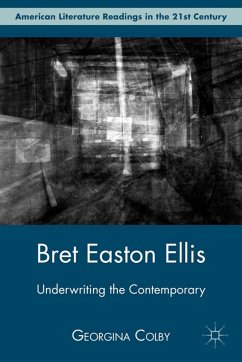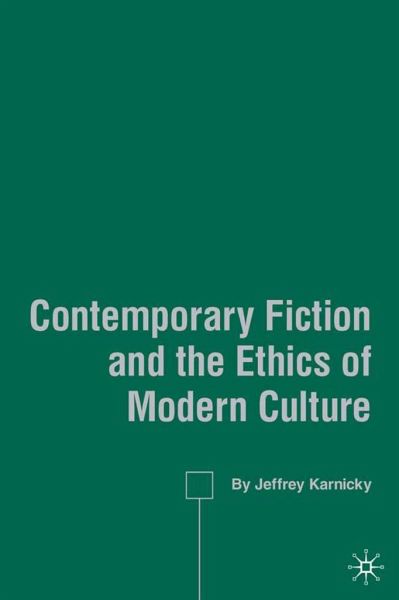
J. Karnicky
Gebundenes Buch
Contemporary Fiction and the Ethics of Modern Culture
Versandkostenfrei!
Versandfertig in 6-10 Tagen
Weitere Ausgaben:

PAYBACK Punkte
19 °P sammeln!





This book argues for the ethical relevancy of contemporary fiction at the beginning of the twenty-first century. Through reading novels by such writers as David Foster Wallace, Richard Powers, and Irvine Welsh, this book looks at how these works seek to transform the ways that readers live in the world.
JEFFREY KARNICKY is a visiting Assistant Professor of English at Drake University, USA. He has published articles on Don DeLillo, Irvine Welsh, and on the interactions between humans and birds.
Produktdetails
- Verlag: Palgrave Macmillan / Palgrave Macmillan US / Springer Palgrave Macmillan
- Artikelnr. des Verlages: 978-1-4039-7760-1
- 2007
- Seitenzahl: 185
- Erscheinungstermin: 24. März 2009
- Englisch
- Abmessung: 217mm x 148mm x 17mm
- Gewicht: 381g
- ISBN-13: 9781403977601
- ISBN-10: 1403977607
- Artikelnr.: 22709027
Herstellerkennzeichnung
Libri GmbH
Europaallee 1
36244 Bad Hersfeld
gpsr@libri.de
'This book creatively addresses the impasse in the state of literary studies in our current moment 'after theory' and it provides elegant close readings of a number of important contemporary English-language novelists (Susan Daitch, David Markson, Richard Powers, David Foster Wallace, and Irvine Welsh). As a contribution to the theory of reading, Karnicky's study starts by looking at the accomplishments and shortcomings of the most influential schools of thought of the last thirty years or so: the reader-response theories of Stanley Fish and others, the deconstruction of Paul DeMan and his colleagues and followers, and the current vogue in English and Literature departments for cultural studies rather than studies that remain focused on the literary at all. All three of these approaches have generated interesting bodies of criticism; but all three have ended up arguing themselves into dead ends from which there is no apparent exit. Karnicky proposes to break out of this impasse by returning to the urgent question of reading, but doing this in a new way. Karnicky argues for the act of reading as a mode of transformation, through the ways that an urgent and ethically committed reading engages the (extra-literary) world.' - Steven Shaviro, DeRoy Professor of English, Wayne State University
Für dieses Produkt wurde noch keine Bewertung abgegeben. Wir würden uns sehr freuen, wenn du die erste Bewertung schreibst!
Eine Bewertung schreiben
Eine Bewertung schreiben
Andere Kunden interessierten sich für


